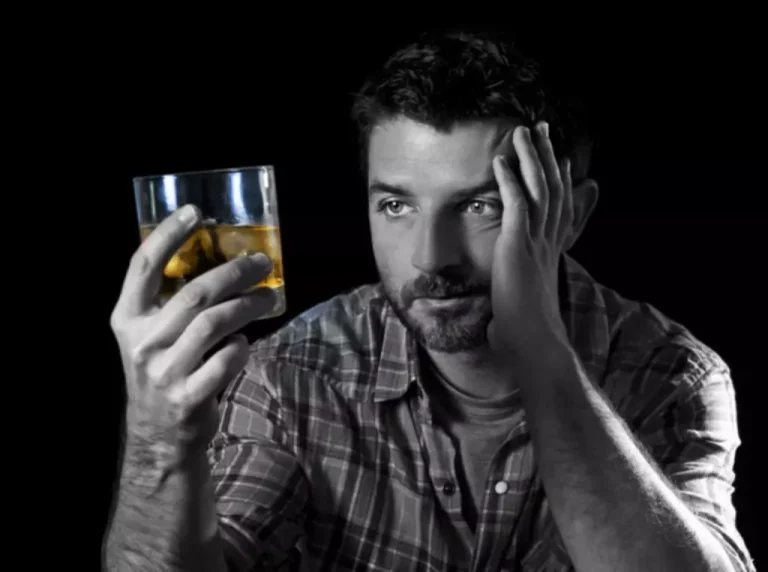Effective Strategies for Relapse Prevention

Learning to cook healthy meals promotes physical health and overall well-being. You learn to make nutritious choices that support your recovery and help you regain health. Relapse prevention group activities that focus on nutrition and healthy eating give you the chance to explore your relationship with food and food as a trigger for addiction. These sessions promote a healthy relationship with food that supports your recovery from addiction.

Physical Relapse

While some may never relapse, others may relapse several times at some point during recovery. At American Addiction Centers, we offer a 90-Day Promise that gives you 30 additional days of complimentary treatment if you relapse after 90 consecutive days at one of our facilities. Whether you are going to rehab for the first time, or have relapsed in the past, we will work with you to find the best treatment plan for you. As the foregoing review suggests, validation of the reformulated relapse prevention skills RP model will likely progress slowly at first because researchers are only beginning to evaluate dynamic relapse processes. Currently, the dynamic model can be viewed as a hypothetical, theory-driven framework that awaits empirical evaluation. Testing the model’s components will require that researchers avail themselves of innovative assessment techniques (such as EMA) and pursue cross-disciplinary collaboration in order to integrate appropriate statistical methods.

Relapse Prevention Plan
There are other self-help groups, including Women for Sobriety, Secular Organizations for Sobriety, Smart Recovery, and Caduceus groups for health professionals. It has been shown that the way to get the most out of 12-step groups is to attend meetings regularly, have a sponsor, read 12-step materials, and have a goal of abstinence [24,25]. 3) Clients feel they are not learning anything new at self-help meetings and begin to go less frequently. Clients need to understand that one of the benefits of going to meetings is to be reminded of what the “voice of addiction” sounds like, because it is easy to forget. 1) Clients often want to put their addiction behind them and forget that they ever had an addiction. They feel they have lost part of their life to addiction and don’t want to spend the rest of their life focused on recovery.
Start your journey today
In one study of treatment-seeking methamphetamine users [132], researchers examined fMRI activation during a decision-making task and obtained information on relapse over one year later. Based on activation patterns in several cortical regions they were able to correctly identify 17 of 18 participants who relapsed and 20 of 22 who did not. Functional imaging is increasingly being incorporated in treatment outcome https://ecosoberhouse.com/ studies (e.g., [133]) and there are increasing efforts to use imaging approaches to predict relapse [134]. In this context, a critical question will concern the predictive and clinical utility of brain-based measures with respect to predicting treatment outcome. Initial evidence suggests that implicit measures of expectancies are correlated with relapse outcomes, as demonstrated in one study of heroin users [61].
The Stages Of Drug Relapse
- Some researchers have differentiated a “lapse” (an initial use of the substance) from a “relapse” (uncontrolled use of the substance).
- As such, it is vital to have a plan for how to avoid relapse and what to do if it does happen to you.
No matter how much abstinence is the desired goal, viewing any substance use at all as a relapse can actually increase the likelihood of future substance use. It encourages people to see themselves as failures, attributing the cause of the lapse to enduring and uncontrollable internal factors, and feeling guilt and shame. Uncomfortable emotions, such as stress and loneliness, are a part of life, and implementing skills from your relapse prevention plan can help mitigate the impact of these feelings. You may find engaging in mindfulness and relaxation exercises like meditation and box breathing helpful. Consistent exercise can help reduce negative emotions8 and the chance of relapse. Keeping in touch with supportive friends and family can help ensure you always have a shoulder to lean on.
Resource Box 1. Building a Whole Health Receovery Foundation
Before discussing prevention, it is useful to understand the nature of relapse. In addition to establishing a relapse prevention plan, individuals with a substance use disorder should have a treatment plan in place. Treatment could include individual therapy, group therapy, such as AA meetings, and/or psychiatry, said Gottlich.
Know your triggers
Examples of Creative and Therapeutic Relapse Prevention Group Activities

